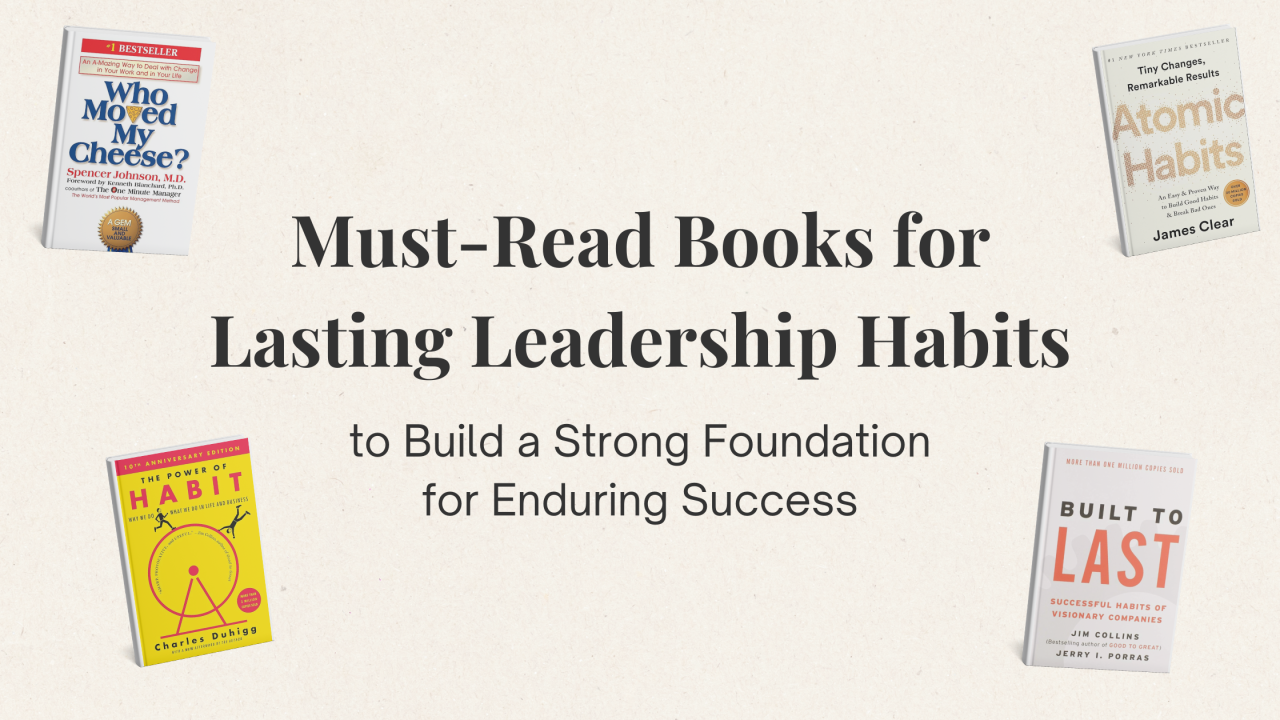Endurance is a topic that has captured my attention for years. As a seven-time Ironman competitor now preparing for my eighth, I’ve spent countless hours training, which gave me ample time to ponder the concept of endurance and how it applies to various aspects of life. With every mile pedaled on the bike, every lap swam in the pool, and every step pounded on the pavement, I came to realize how mastering the mindset of endurance can build strength, character and success, and not just when it comes to sports – it’s also a crucial skill for entrepreneurs to cultivate.
One of the reasons I am passionate about endurance is that it forces us into difficult situations. As endurance leaders, we lean into the pain, discomfort and self-doubt, and we grow from it. Each milestone we complete and every obstacle we surmount builds tenacity and character. This is what shapes the heart of a leader. Staying focused on the goal is important, but so is having an appreciation for the journey as we conquer each hurdle on the way to the finish line.
Entrepreneurs tend to use our past experiences as points of reflection when we subsequently face challenging times, especially financial struggles. We can recall a time when we felt overwhelmed or defeated and recognize what we did to endure those tough moments. We can look back on the ultimate outcome of each situation and realize that success is possible, even when it seems like all is lost. Understanding the connections between the tough times and the ensuing positive outcomes keeps us from giving up even when we are facing a crisis.
Another lesson I’ve learned from building endurance in athletics is that it leads to the discovery of practical and powerful tools. These might be little things, but they can be mighty – they help us make it one more mile or climb another 1,000 feet when we feel like we can’t go any further. During training, athletes learn to use tools and build support teams around us. This provides us with constructive options right when we most need support.
In my experience, endurance training is most effective when it is broken down into smaller increments. Running a marathon is difficult, no question. But if you look at it as 26 one-mile events, it takes the sting out of the larger goal – the marathon. The same concept applies to leadership. During uncertain times, ask yourself a question: how can I be a great leader today? Tomorrow I might fail or ultimately quit. But for today, we can rally and be great leaders.
If you are committed to living the endurance mindset, you are building strength through repeated practice to boost your confidence. This will help you make it through the tough times. As leaders, we are training for these big moments by guiding our teams, calculating risk, and remaining committed to innovation. All these efforts are good practice for when the challenges are greatest. If you have performed this practice repeatedly and consistently, you will carry the confidence to stay positive through difficult times.
In the coming months, I’ll be exploring the connections between endurance in sports and endurance in leadership in a series of stories. I hope you’ll return to read more about what I discover.




